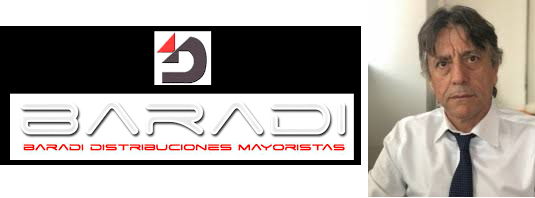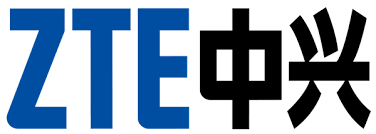The Chinese manufacturer ZTE sued by a Spanish SME

A Spanish SME, against the Chinese giant ZTE: they bought 48,000 mobile phones and the manufacturer forced them to sell them with great losses.
At the end of 2018, the businessman Yahya Baradi – based in the Villaverde neighborhood, in Madrid – found himself with a huge problem on his hands.
Baradi, whose last name gives name to the company Baradi Distribuciones Mayoristas, had bought 47,800 phones from the Chinese company ZTE that he could not sell. Or he could sell them, but below the price at which he had bought them, which meant losing a lot of money. The reason? ZTE had paralyzed the sale of terminals in Spain and the abusive conditions it imposed on its distributors prevented Baradi from profitably managing this ‘stock’. On the same dates, the manufacturer began to suffer the Trump blockade, which prohibited all American companies from selling components to him.
Baradi, who until then had a good business relationship with ZTE, found himself in a big problem. «We had made a million dollar purchase. Due to a series of circumstances and the international blockade, we had abig deal,» explain Baradi and Pedro Maroto, its chief financial officer. «We had these phones that could not be sold, because any official distribution sale has to be supported by the manufacturer. In the end, since we did not reach an agreement, we had to file a lawsuit because that way of working was not legal.
The company had to undersell the phones, ask for refinancing from the banks to survive and fire five workers. «We had a very large ‘stock’ and no support on their part to sell it,» they say. «They try to sink us.» Now, they are claiming five million from the Spanish subsidiary of ZTE for unfair competition. The lawsuit has been admitted for processing. Winning it would do a good break in the accounts of ZTE Spain, whose business has fallen 40% in the last year, going from billing 66 to 37 million euros and giving losses of 1.7 million in 2018.

The conditions of the Chinese giant ZTE
ZTE is a Shenzhen-based mobile phone provider in China. Their phones are mid-range – between 200 and 400 euros – although they also have some high and low ranges. Baradi has been distributing them in Spain since 2015, accepting their unilateral conditions.
ZTE marked the price to sell the phones to Baradi and the price at which Baradi could sell them to the store, which was lower. Subsequently, ZTE made an «adjustment» to pay him the margin and allow him to earn money. Let’s take the example of a mobile that sold for 210 euros in stores. Baradi would have bought it for 192 euros from ZTE and would have sold it at 170 to the store. Only after fulfilling certain requirements, Baradi could recover those 22 euros through a liquidation. Thus, and according to the lawsuit, «ZTE controlled the entire distribution process and prevented the wholesaler from carrying out commercial operations, since if said operations were not previously authorized, it was liable to lose the return.»
In the last months of 2017, Baradi prepared for the Christmas campaign and bought phones worth almost 8 million euros. It was almost the entire ZTE budget of the year. But once it had them, the Chinese manufacturer systematically denied their sale by not authorizing liquidation. That is: if Baradi decided to sell the phones, he was going to do it losing money, because ZTE was not going to pay him the difference.
Although at first they did not know what it was due to, the Madrid company received the news that Trump prohibited American companies from selling components to ZTE. Also from the reputational crisis of Chinese manufacturers in the United States. Soon after, ZTE informed all its suppliers that it was halting the sale of telephones in Spain. Despite this – and despite the fact that ZTE knew this was going to happen – he did not stop charging Baradi a penny. So the company found itself with almost 48,000 phones that depreciated over time.
«Eventually we sold them to regular distributors», they explain from the company. «ZTE said: if you sell them, there you are. You’re breaking the clauses.» At one point and seeing ZTE’s attitude, Baradi stopped paying him 1.3 million, which ended up costing him one more headache: ZTE declared Sinosure, the Chinese export credit and surety insurer, unpaid, and It blocked its operations with other Chinese manufacturers. «This further aggravated our situation».
«We have been in the sector for 22 years. We have become leaders in other manufacturers. They have supported other companies to sell these terminals. And we had a volume in which we needed them to be able to sell,» conclude those responsible for the firm. After signing a refinancing agreement with the bank that gave them «oxygen,» the owners now hope that the lawsuit will do some good. And if not, at least the ZTE image is damaged.
«They have not helped us at all. They have tried to sink us.»
More information: eldiario.es okdiario.com
